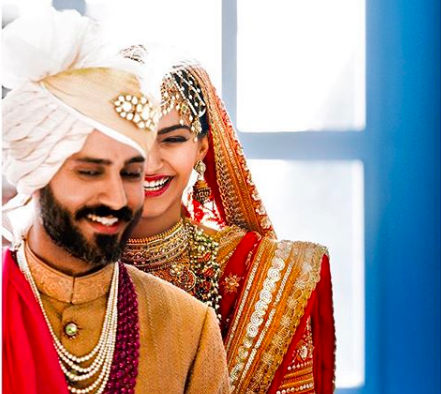If I were to say that popular forms of expression negotiate within the dominant models of society, would it come as a surprise to you? Perhaps not.
So, when films like Article 15, Padman, Ek Ladki Ko Dekha Toh Aisa Laga, Veere di Wedding (so on) present just the right amount of critique such that their success is not jeopardised, aren’t they products of popular culture? Shouldn’t we then attempt to look at what they accomplish besides the obvious criticism they engender in the process?
Popular cinema rather works like that – by introducing the new without denouncing the old.
Since its inception, Hindi cinema has sacralised the institution of marriage. Whether it is the mythological tales of early films or the threat posed by extra-marital affairs to the sanctity of marriage in the later ones. So, are extra-marital affairs problematic because they ‘corrupt’ the ‘pure’ notion of love and trust or is it because they destabilise the general schema of things?
If Madras high court’s 20 questions were a reference point, the logic of the latter prevails. Moreover, social as well as economic changes up until the first decade of 21st century did either of these two things:
One, evoked a nostalgia for a feudal past with marriage as an essential motif such as in Hum Saath Saath Hain and alike or; two, NRI characters reminiscing their nation with its values vis-a-vis marriage such as in DDLJ and others.
There was also an anxiety considering women inhabiting the public sphere which led to films that tried to strike a balance between ‘wifely/motherly duties’ and their career.
(Please note that this is not an attempt to linearise the history of representation of marriage in Hindi cinema, which would not only amount to a colossal simplification but could also be rightly challenged. Instead, it is only to make sense of the current shift in the narratives of Bollywood.)
Let’s now consider two recent films, Jabariya Jodi (Prashant Singh) and Luka Chhupi (Laxman Utekar), which scoff at the institution of marriage quite loudly. My interest is not centred around the ‘quality’ of the films, therefore this is no review(s).
What is happening in both the stories if not derision?
You have the ridiculous disruption of Guddu and Rashmi’s wedding at various junctures in Luka Chhupi, making it redundant ultimately. Then, the absurdity of kidnapping grooms as a solution to the practice of dowry as the premise of Jabariya Jodi. Aren’t the grounds on which modern marriage stands shaky? The answer, to refrain from the rhetorical, is yes.
Sex as a conjugal license is critiqued in the first movie while the other normalises a sexual relationship without, not before, marriage. This might seem, to a few, as a common state of affairs but the setting of these narratives is not the usual urban landscape where such an exchange is not only anticipated but accepted.
So what? Some might say.
But, this indicates the pervasive despondency associated with conjugal relations in general thought.
This crisis is further exemplified in the way traditional social customs are manipulated. Thus, dowry becomes no more of a tool stripped off of the power-relation it engenders between the groom and the bride’s family in Jabariya. And with its comical reference to Hum Aapke Hain Kaun (using the popular song ‘Sajan Ghar Main Chali’ to swap the woman leaving the paternal house with that of a man), Luka Chhupi comments on the fragility of marriage in contemporary times.
However, this play is only possible due to the very restrictions a repressive Hindu society entails. So, unsurprisingly, you have in the backdrop ‘Sankriti Rakshak Party’, and an aspiring political leader and chauvinist (Javed Jaffrey in Jabariya) in the business of groom-kidnapping.
But, I often find people commenting that the resolutions of these films trouble them and dilutes whatever critique they present. Indeed, they do. There are abrupt change-of-hearts and transcendence from the age-old belief in a conformist manner. Live-in relationships have to end in marriage and the problem of dowry has to be sidelined to reinstate the father-son relationship. Yet, this is how popular cinema negotiates and to attack on one of its defining features might just keep the argument in an impasse.
Srishti Walia is a PhD scholar in Cinema Studies at JNU.
Featured image credit: Sonam Kapoor-Ahuja’s Instagram/Vogue India

